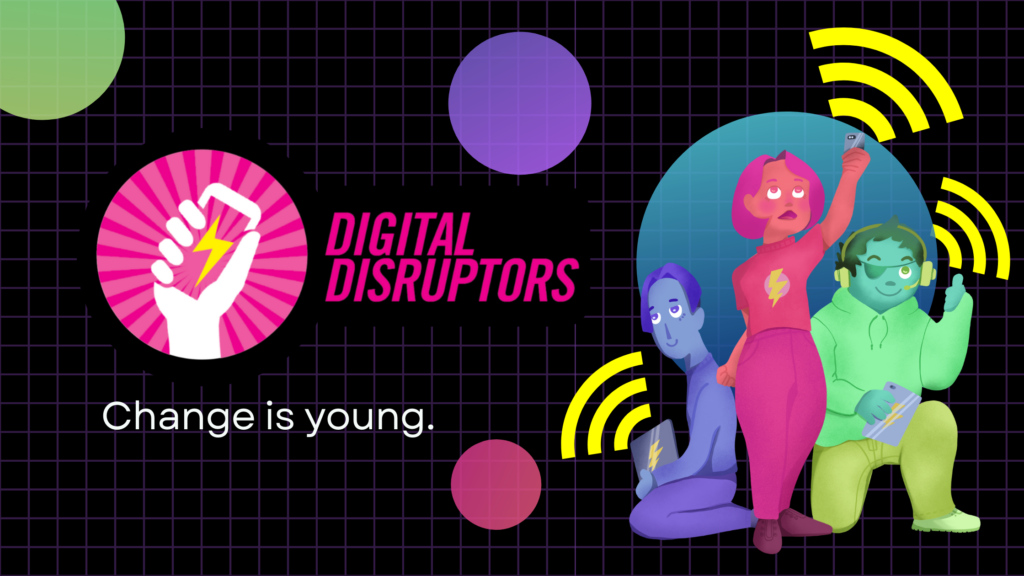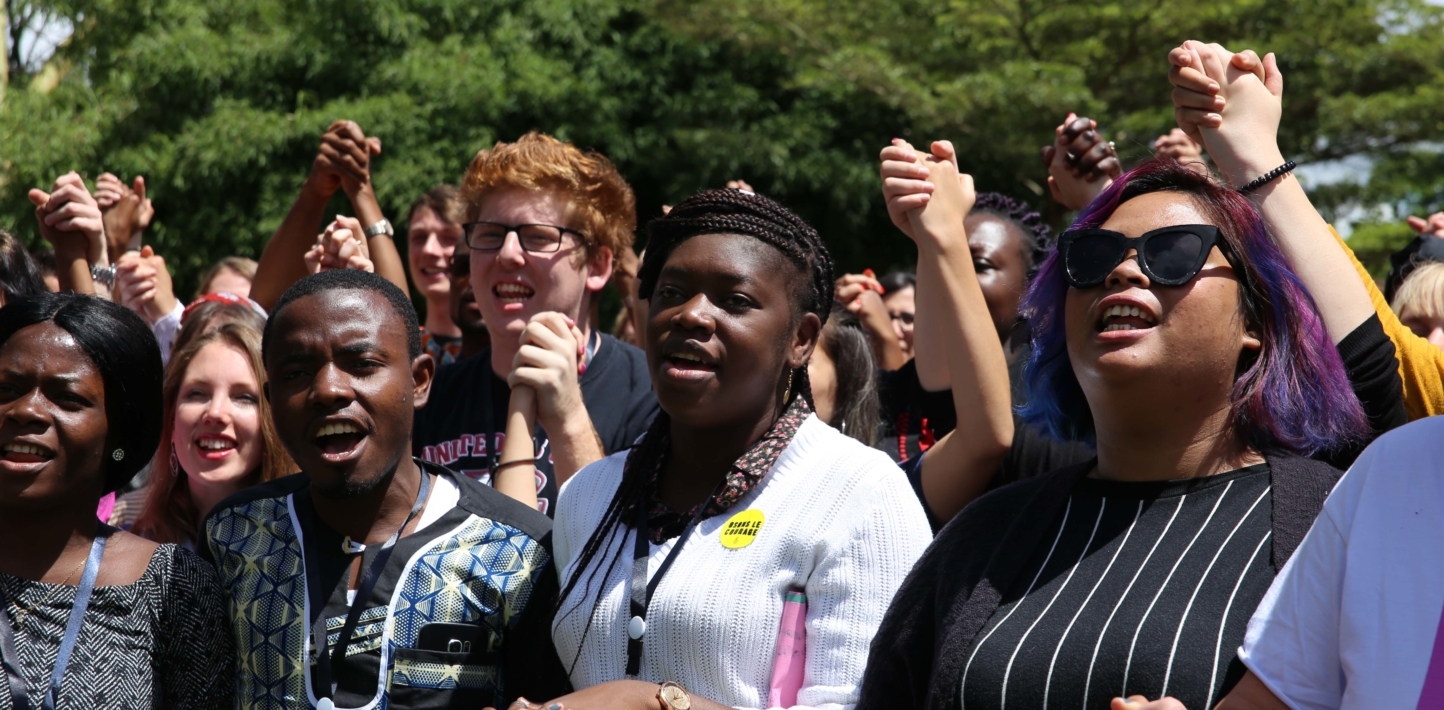Six-year RIGHTS Click Programme will demand that children and young people’s voices are heard by policy-makers and technology companies
Today, Amnesty International and Fondation Botnar are launching a six-year Programme enabling children and young people to co-create online platforms and other digital technologies that protect their rights – and their health and well-being.
While it’s widely accepted digital technology can play a powerful role in connecting and empowering young people, significant flaws in how technology is designed, regulated and used are leaving their rights unprotected.
Children and young people around the world are being subject to data collection, cyber bullying, online abuse and exposure to explicit content. Yet tech executives and governments currently do not protect the rights of children in online spaces, in the same way that they would in the physical world. Further, there is a significant gap in data and evidence on how gaps in regulation are affecting their lives, including how it can deepen inequalities.
This partnership will ensure that issues most relevant to children and young people are front and centre, as we imagine a world in which online spaces and digital technologies are safe, supportive spaces that enable them, in all their diversity, to realise their human rights.
Rajat Khosla, Senior Director, Research, Advocacy and Policy, Amnesty International
As the first ‘digital generation’, many children and young people use digital technology as part of their everyday lives – for education, economic transactions, jobs and leisure. However, other children and young people are being left behind due to a lack of access to technology, as a result of poverty or insufficient infrastructure. Lack of equal access to technology is therefore exacerbating existing inequalities and limiting progress towards the UN 2030 Sustainable Development Goals.
Amnesty International and Fondation Botnar believe urgent action is needed, and their joint Programme – RIGHTS Click, Children and Young People’s Digital Rights, Health and Well-being – has been designed to address these challenges.
Senior Director, Research, Advocacy and Policy, Amnesty International, Rajat Khosla said: “While there has been an increasing focus on children and young people’s digital rights over the last few years, today’s campaigns still largely involve adults talking to adults about issues that impact children and young people. This has to change. This partnership will ensure that issues most relevant to children and young people are front and centre, as we imagine a world in which online spaces and digital technologies are safe, supportive spaces that enable them, in all their diversity, to realise their human rights.”
CEO of Fondation Botnar, Dr Stefan Germann commented: “At Fondation Botnar, we believe that the only way to create a healthy, safe, and supportive online environment for young people is to make sure there is space for them to define and create it. For the first time, our partnership will empower young people to take centre stage as the active shapers of the human rights-respecting digital future they want to see.”
The first phase of the Programme will undertake research to better understand the challenges and provide evidence-based policy recommendations. This will culminate in the release of a research report that will analyse the impact of Artificial Intelligence, big data systems and surveillance on the health and well-being of young people, and their human rights.
For the first time, our partnership will empower young people to take centre stage as the active shapers of the human rights-respecting digital future they want to see.
Dr Stefan Germann, CEO of Fondation Botnar
Building on the evidence collected, the second phase will work to build awareness of digital risks among children and young people. It will create a global movement to drive change and ensure youth perspectives are heard by governments and technology companies. The Programme will be active in several different geographies and combine Global work with national-level insights and strategies. Initial focus countries in the first phase are Argentina, Kenya, The Philippines and Ukraine, and other focus countries will be selected for the second phase.
The Programme is calling on governments and technology companies to support young people’s health and well-being online. It aims to hold governments to account for children and youth rights and hold Big Tech such as Meta and Twitter to account through Amnesty’s Silicon Valley Initiative.
The Programme will be led by the perspectives of children and young people, who will, in all their diversity, shape every stage of the Programme.



